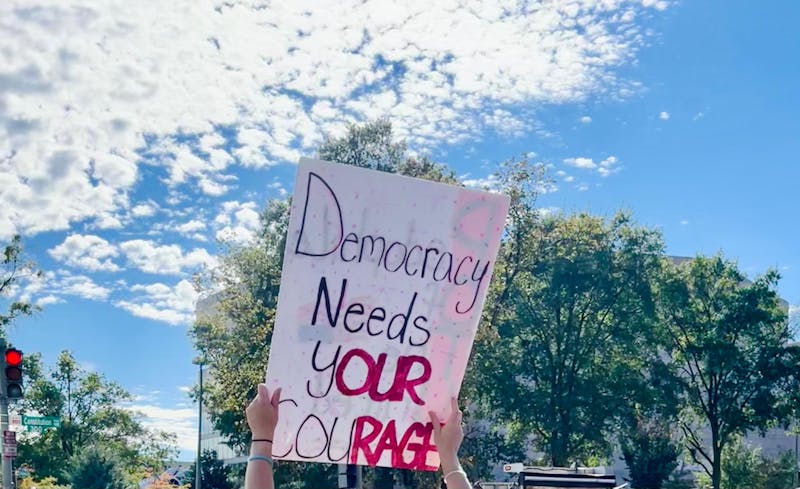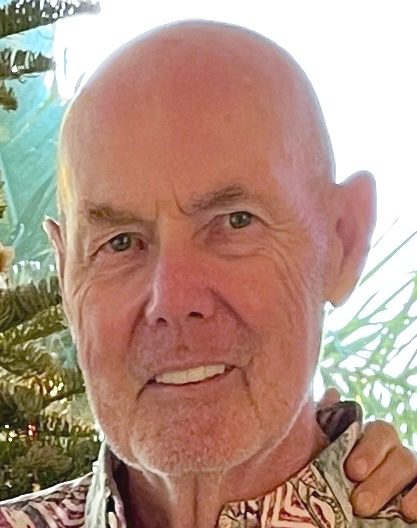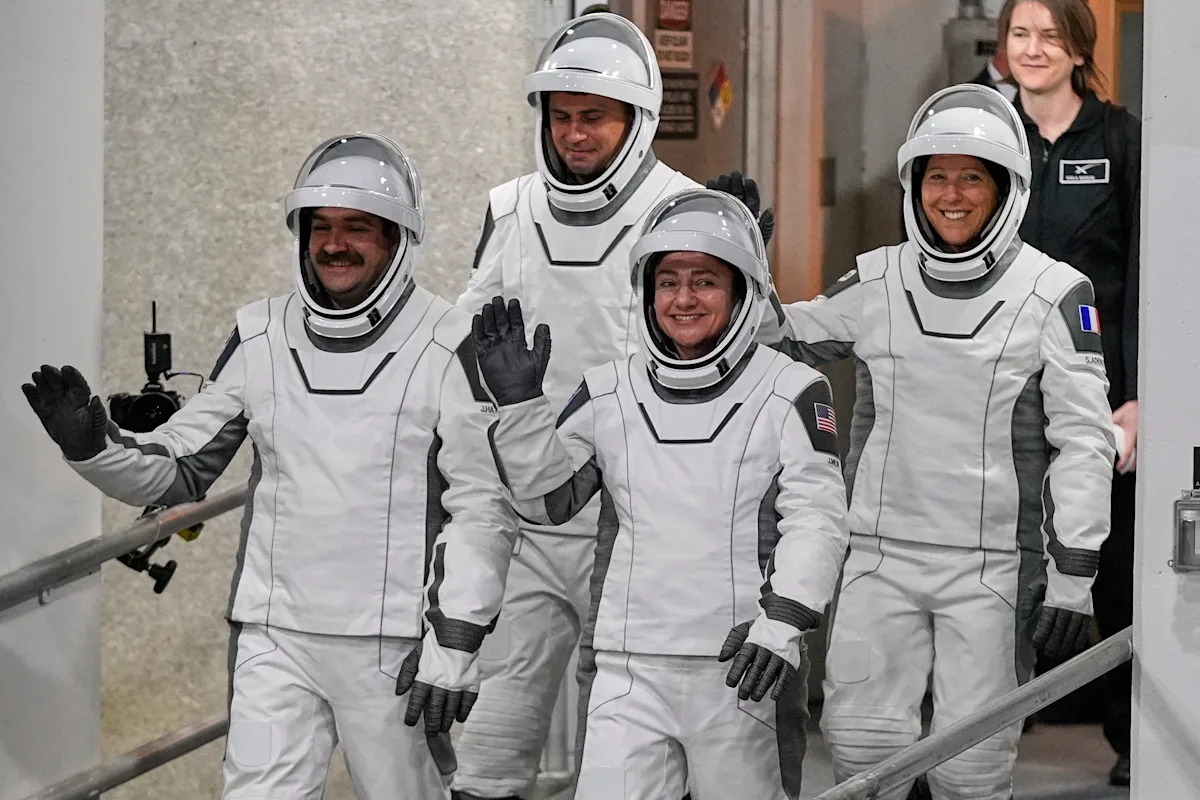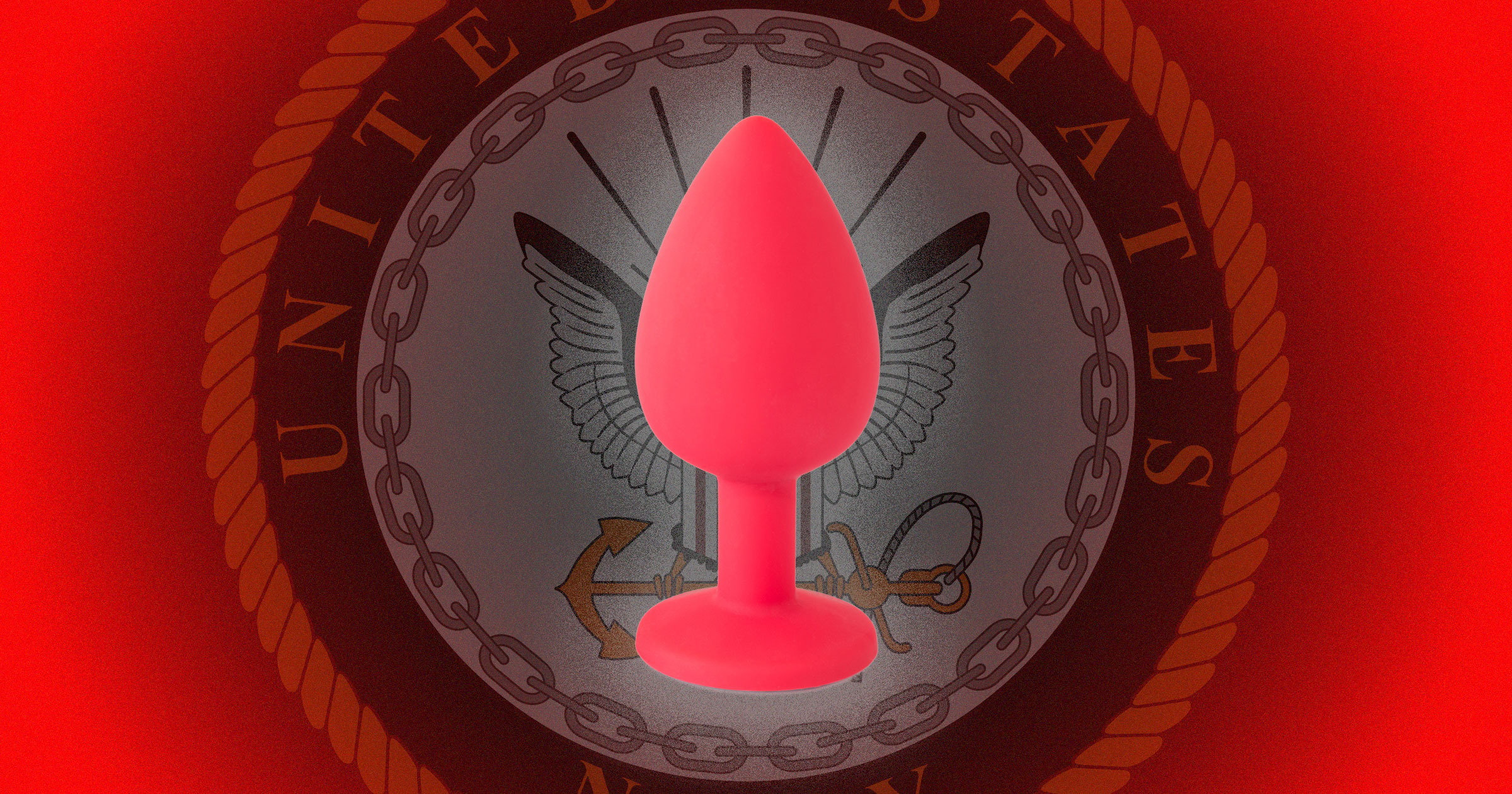In a recent commentary, Deviana Dewi, a PhD candidate at Johns Hopkins University, expressed concern over the current state of freedoms and equal opportunities in the United States. She highlighted the importance of American universities as centers of innovation, tracing their prestige back to significant government investment in research since the post-World War II era. Dewi emphasized that these institutions have historically attracted global talent, which has been crucial for advancements in various fields, including technology and healthcare.
Dewi referenced a pivotal document from 1945, authored by wartime science advisor Vannevar Bush, titled *Science, The Endless Frontier*. This work argued for federal support of university research as essential for national security and economic growth. The influx of diverse talent, particularly from Jewish exiles fleeing Nazi regimes, significantly contributed to America’s scientific achievements, cementing its reputation as a leader in innovation.
Freedom and the Rule of Law
At the heart of American values lies the concept of freedom, which Dewi defined as the right to do what is morally right, rather than a mere license to act on personal desires. She quoted Pope Saint John Paul II, who articulated that true freedom is about making ethical choices. Dewi asserted that the law is fundamental in distinguishing right from wrong, serving as a framework within which freedom can be exercised responsibly.
Citing historical figures, she underscored the significance of the law in maintaining order and protecting the common good. Theodore Roosevelt famously stated, “No man is above the law and no man is below it,” reinforcing the idea that adherence to the law is a right, not a privilege. Dewi argued that the relationship between freedom and law is a virtuous cycle: respecting the law allows individuals to exercise their freedoms while collectively protecting the rights of others.
Values and Political Discourse
Dewi expressed concern over the erosion of democratic values, particularly when political leaders position themselves above the law. She highlighted the dangers of partisanship, where discussions often devolve into accusations rather than seeking shared truths. This tendency, she argued, undermines the potential for constructive dialogue on pressing issues facing the nation.
The recent proposal for a $100,000 fee for skilled foreign worker visas, known as the H-1B visa, raised alarm for Dewi, who values equal opportunity and meritocracy. She criticized this move, along with the proposed American Tech Workforce Act by Congressman Jim Banks, which aims to end the Optional Practical Training (OPT) program. The OPT allows international students to gain practical experience in the U.S. after graduation, serving as an essential pathway to employment.
Dewi argued that imposing high costs on visa applications contradicts the foundational values of fairness and opportunity. Historically, the introduction of the H-1B visa has attracted talent that has significantly contributed to the U.S. economy, as exemplified by innovators like Elon Musk, who arrived in America as an H-1B visa holder.
She warned that if such policies go unchallenged, they could undermine America’s long-standing identity as “the land of the free.”
Dewi called upon international students and other concerned citizens to voice their opinions to elected officials. She emphasized the importance of civic engagement, noting her own experiences living with a Capitol Hill staffer, who conveyed the impact of citizen phone calls on policymaking.
Recognizing that the ability to ignore politics is a form of privilege, Dewi urged individuals to advocate for those who may be marginalized by policies that threaten their opportunities. With an eye towards hope and action, she concluded by asserting that understanding what is right is crucial, but acting upon that knowledge is where real change occurs.
As the world approaches 2025, a year designated by Pope Francis as a time for hope, Dewi’s reflections serve as a poignant reminder of the ongoing struggle to uphold values that ensure freedom and equal opportunity for all.







